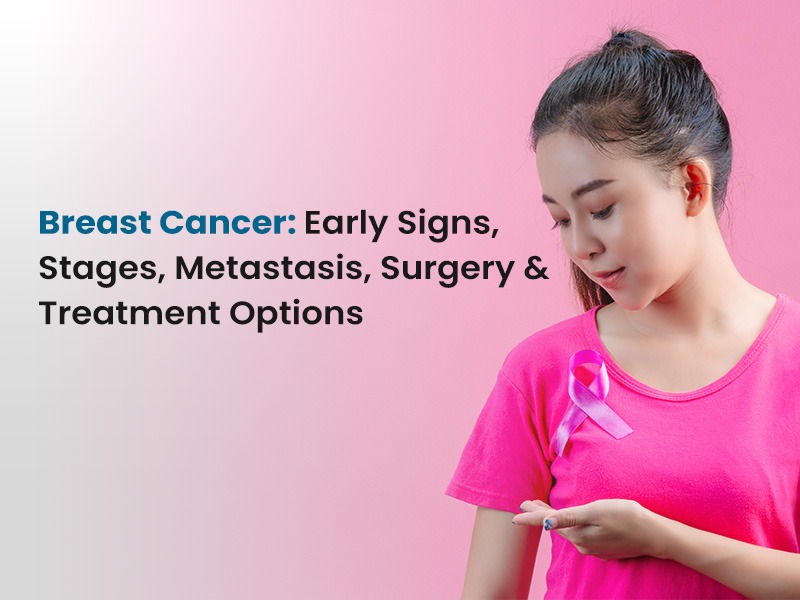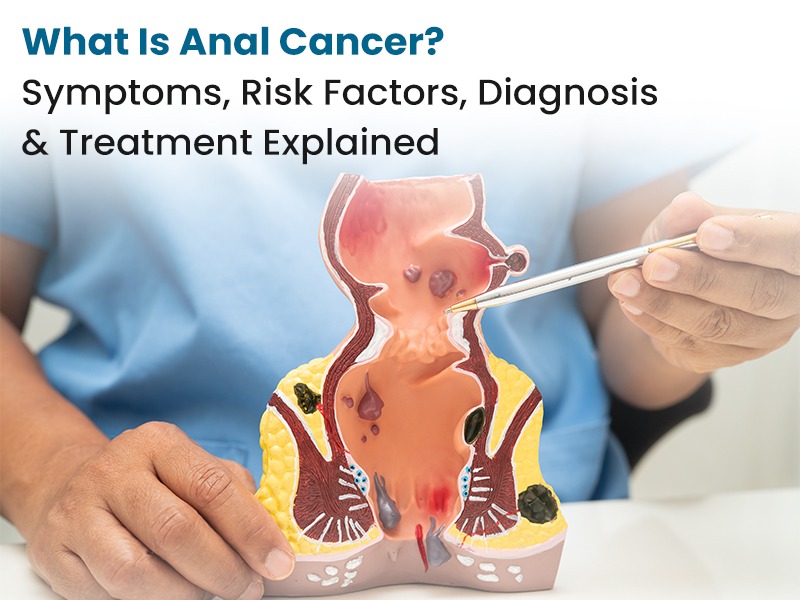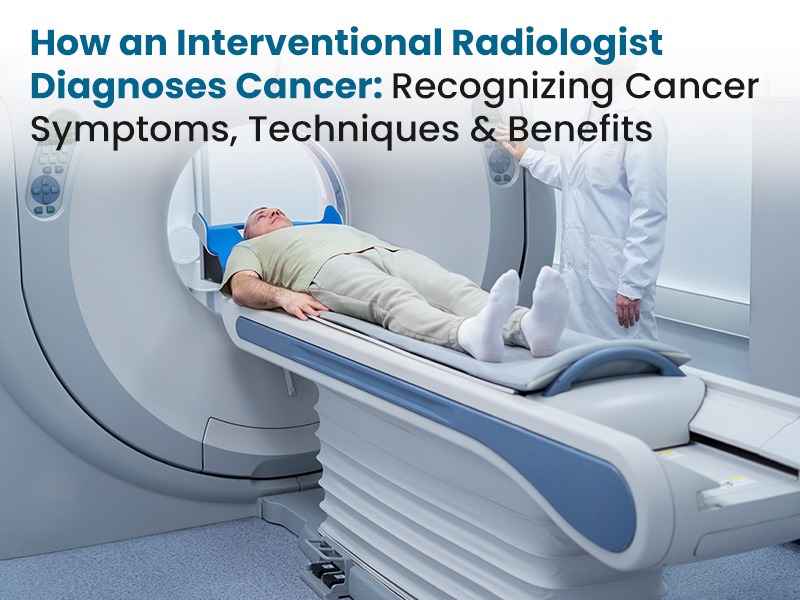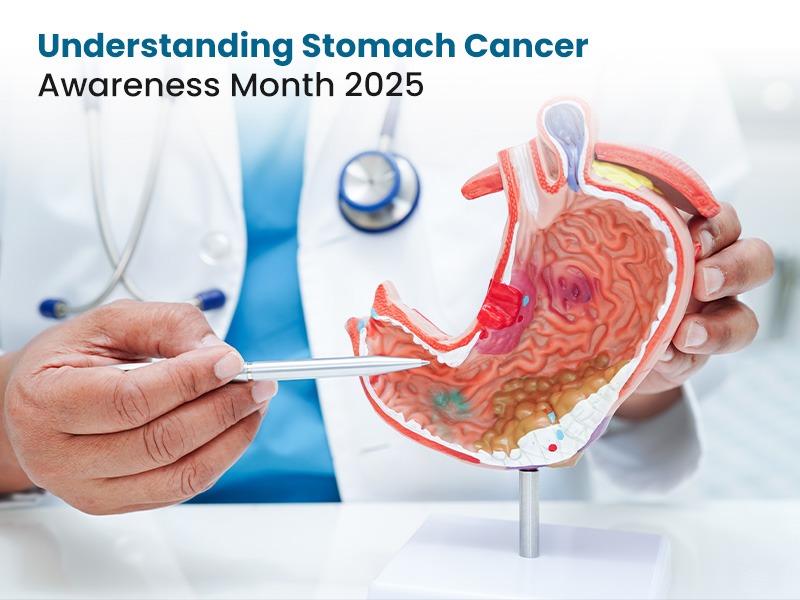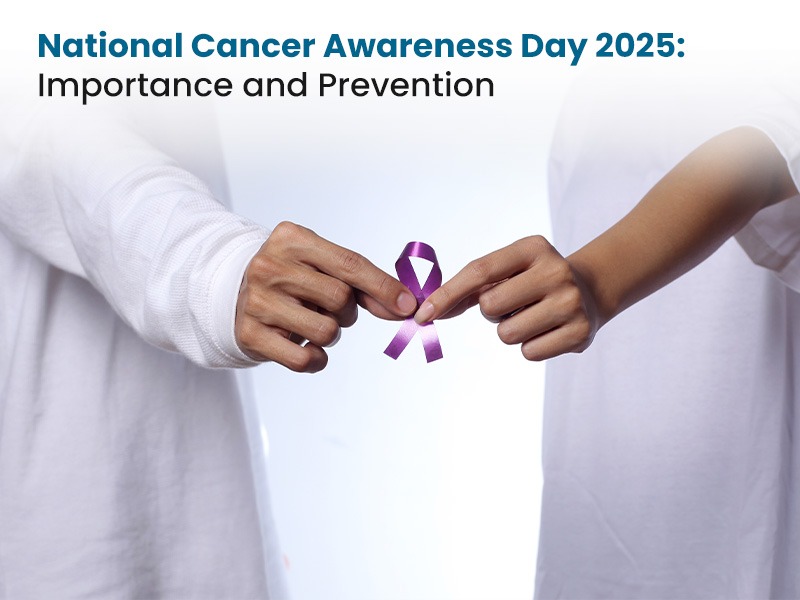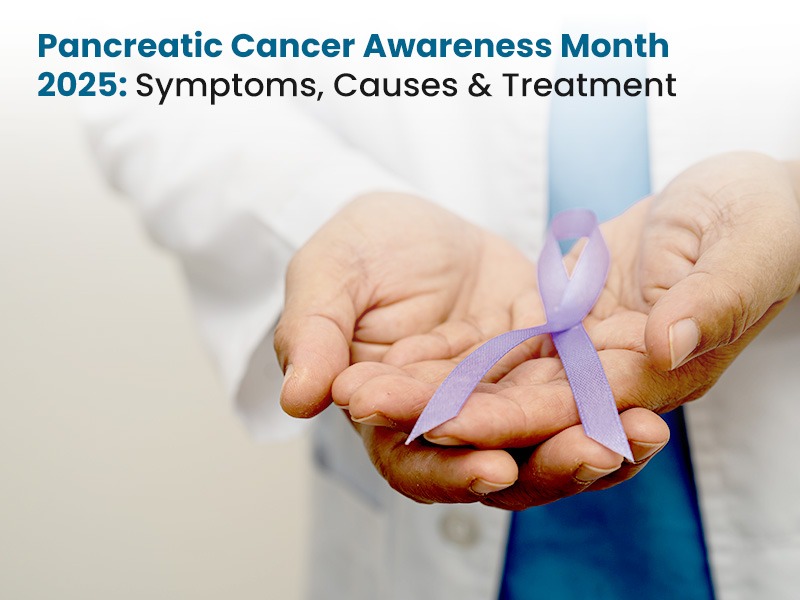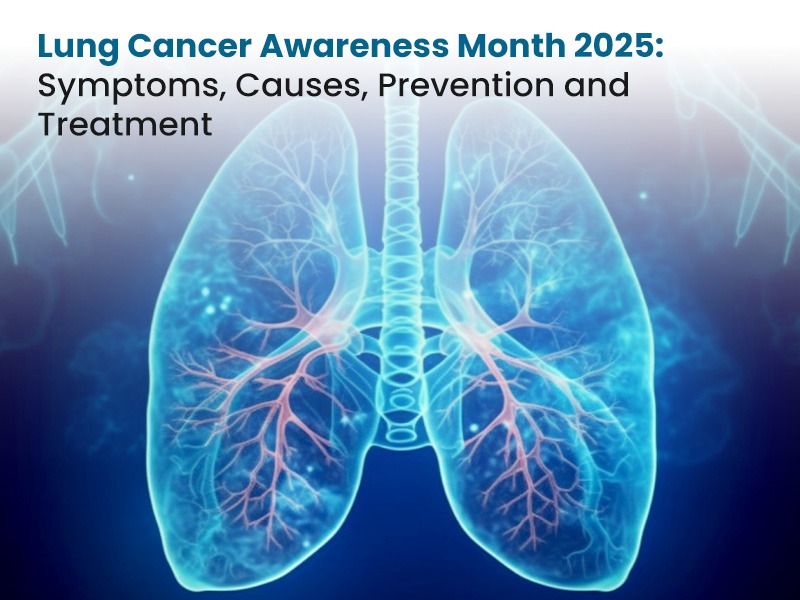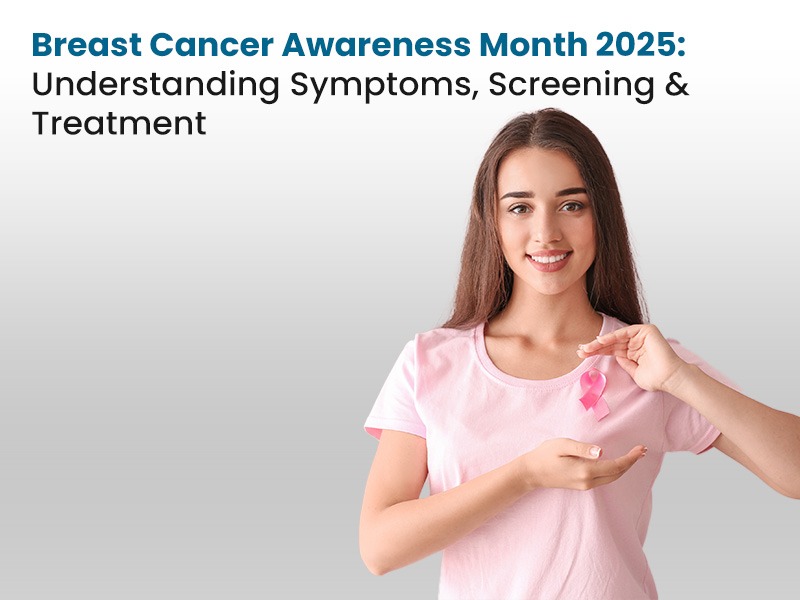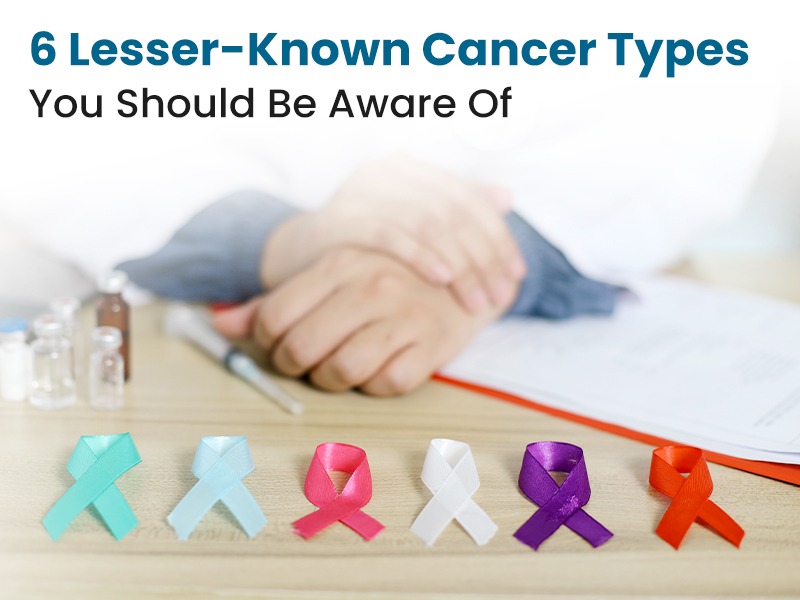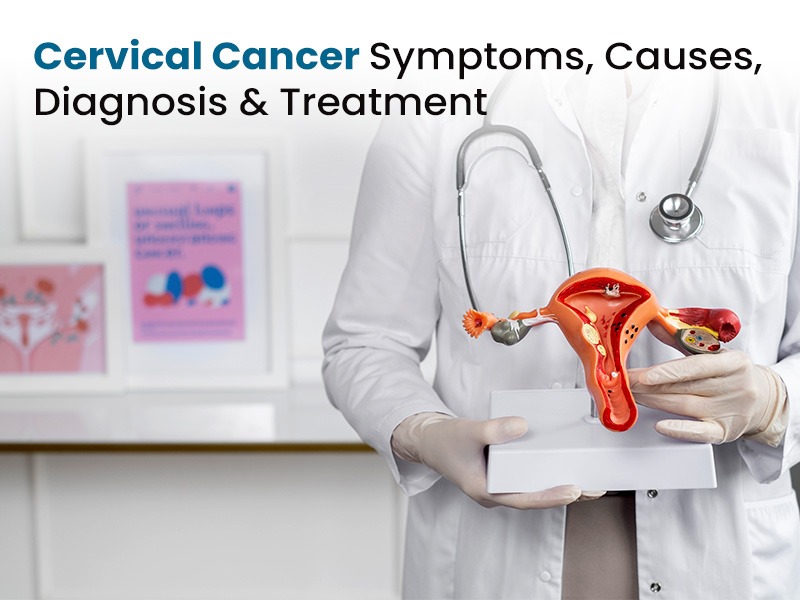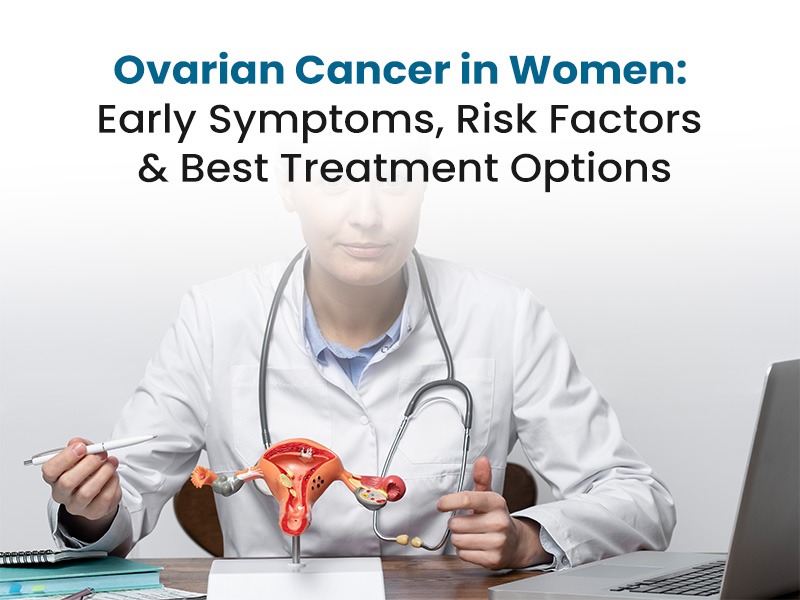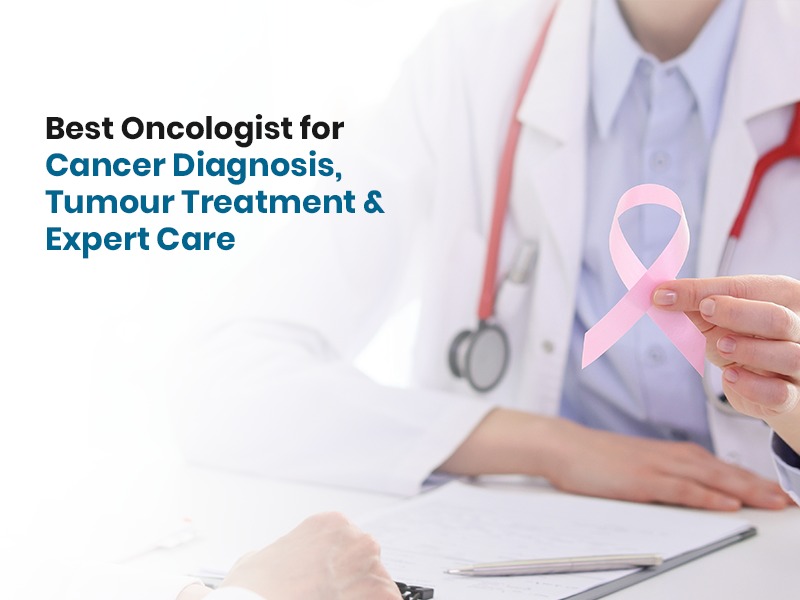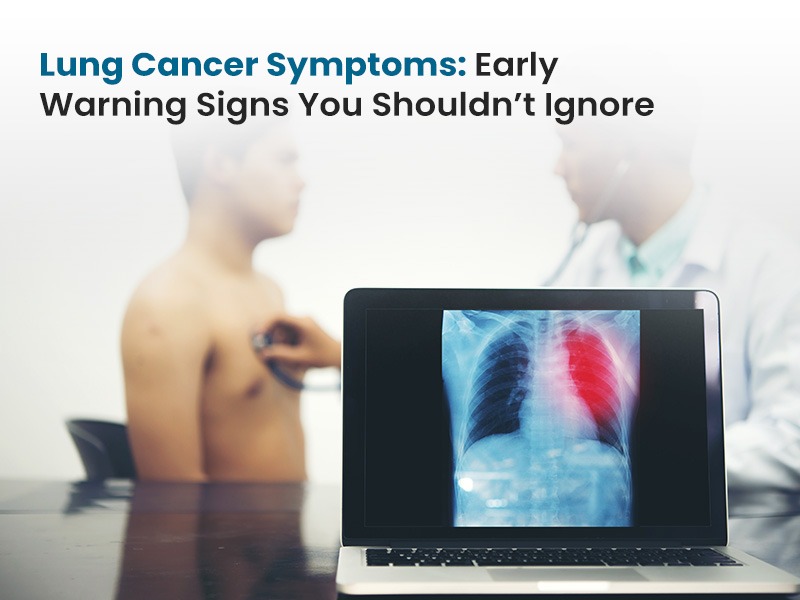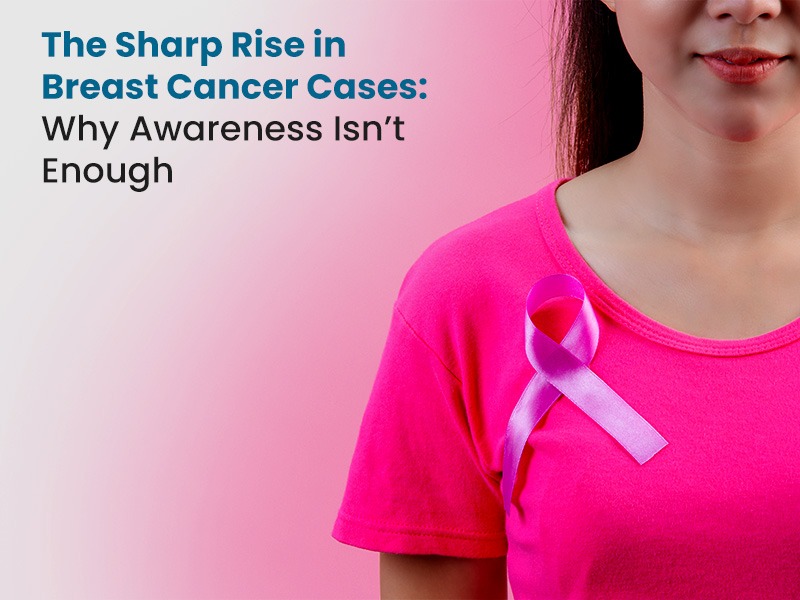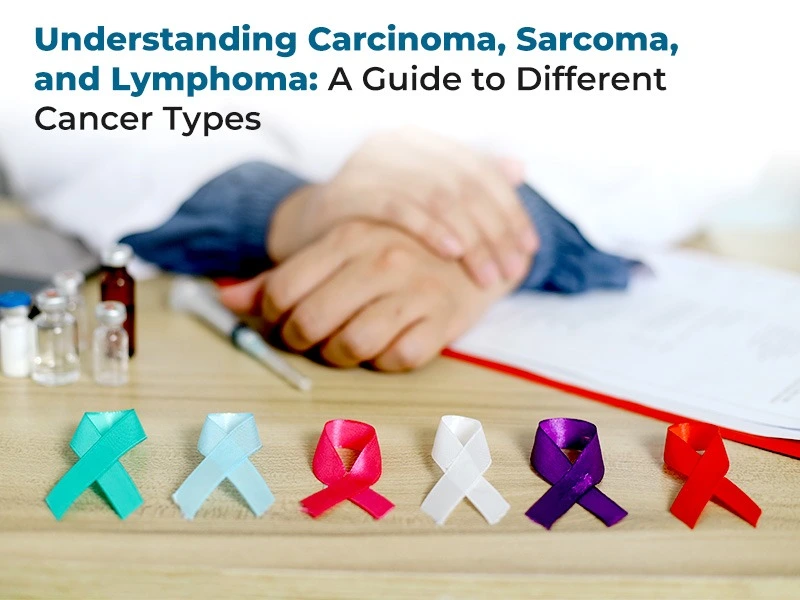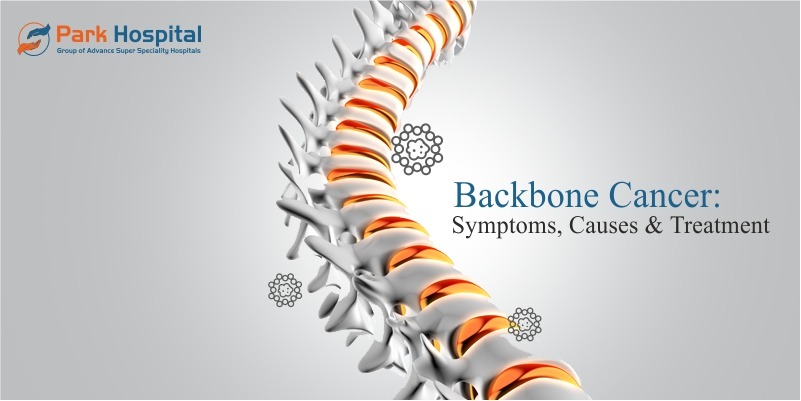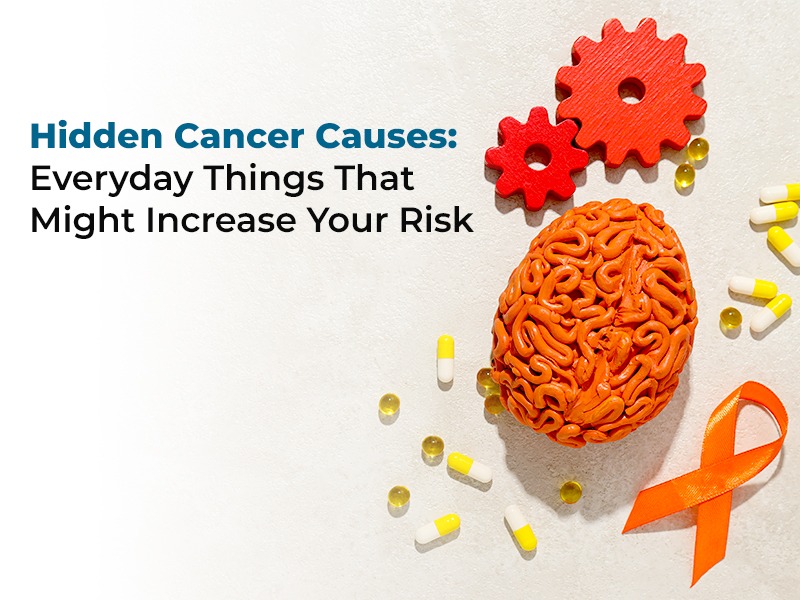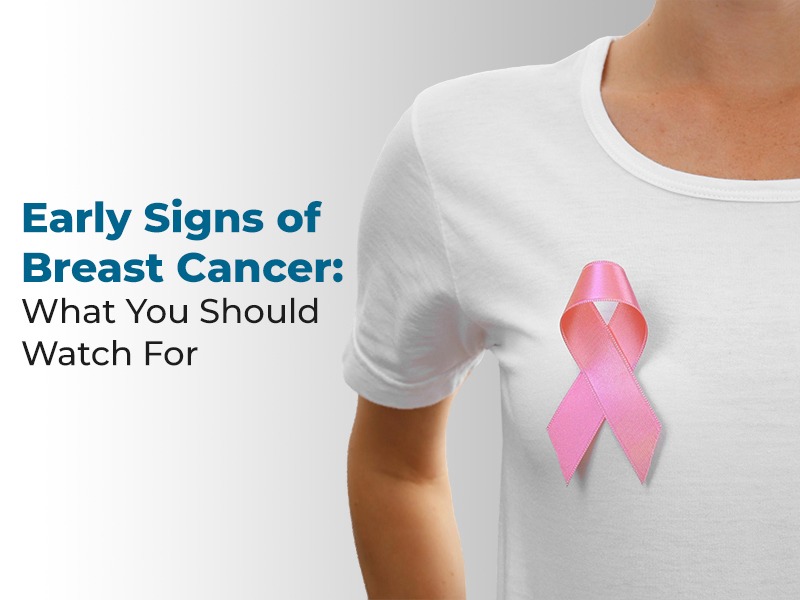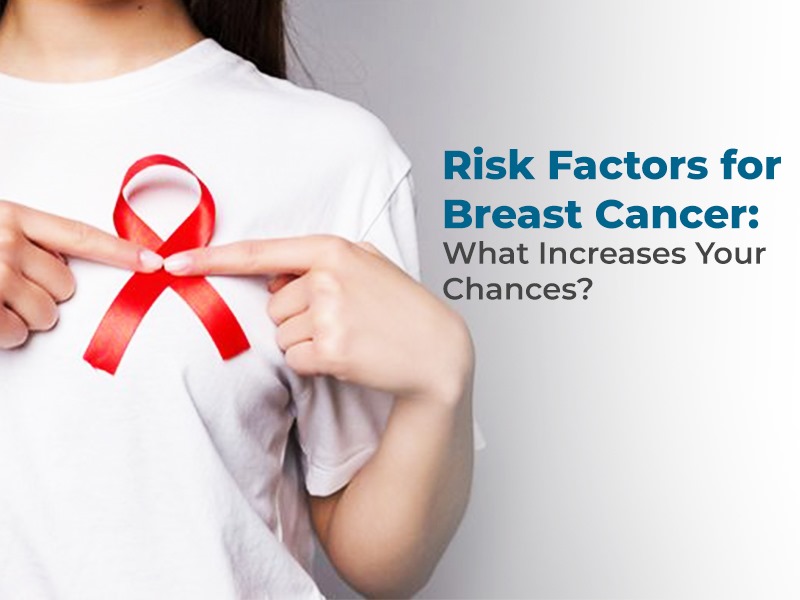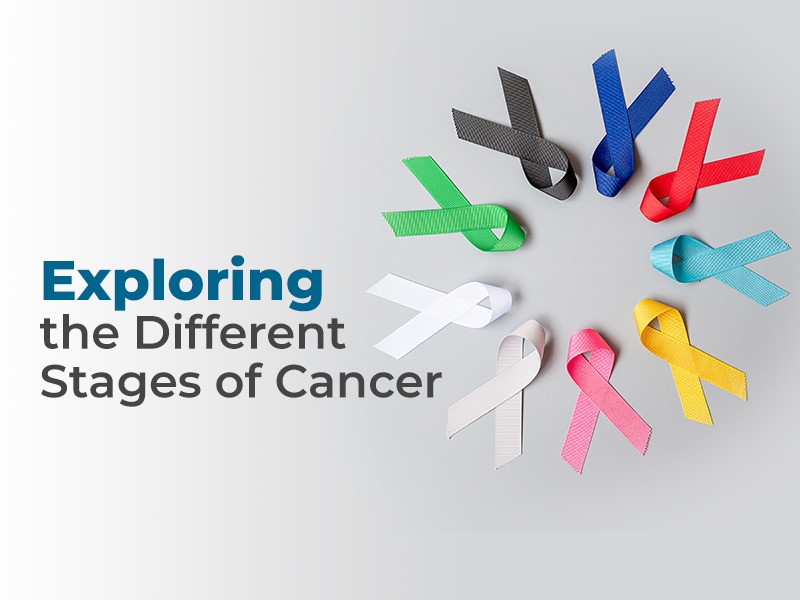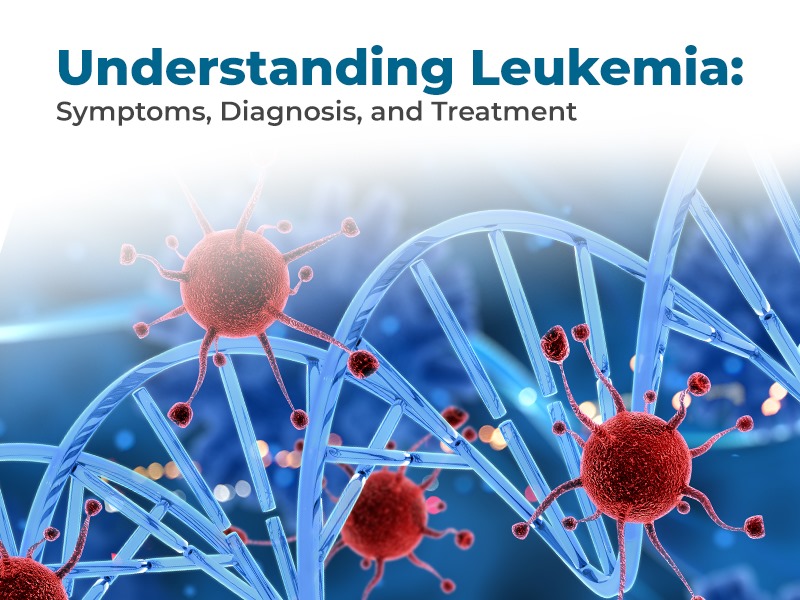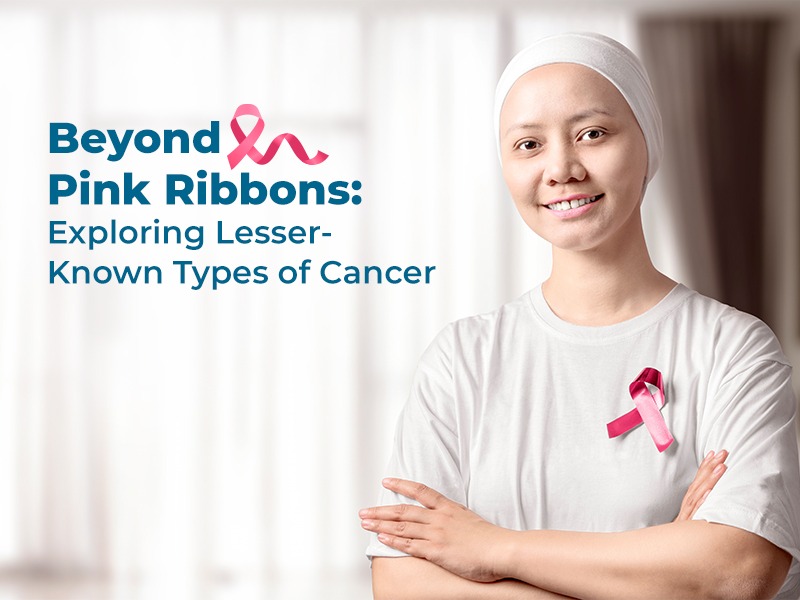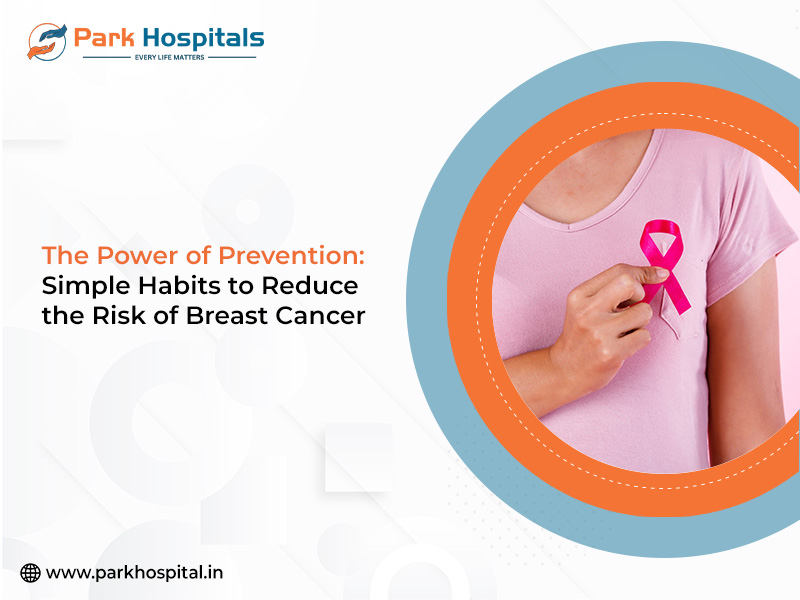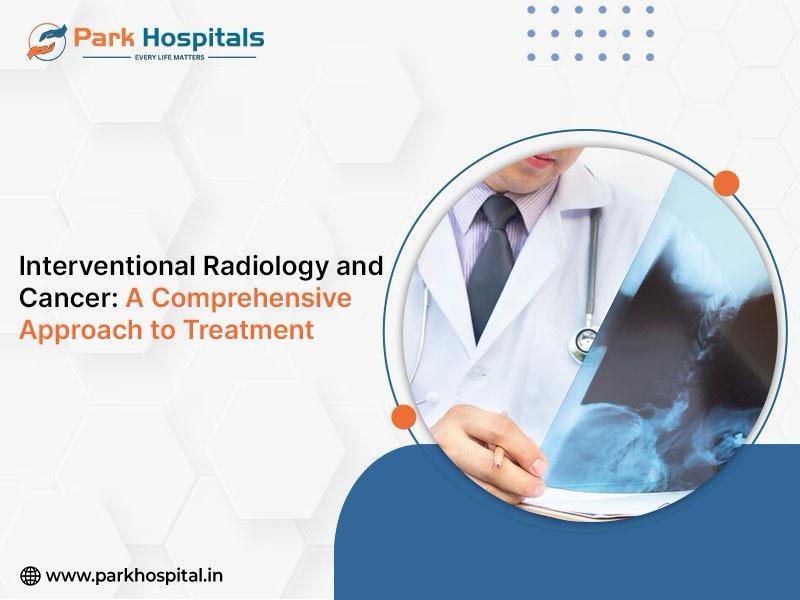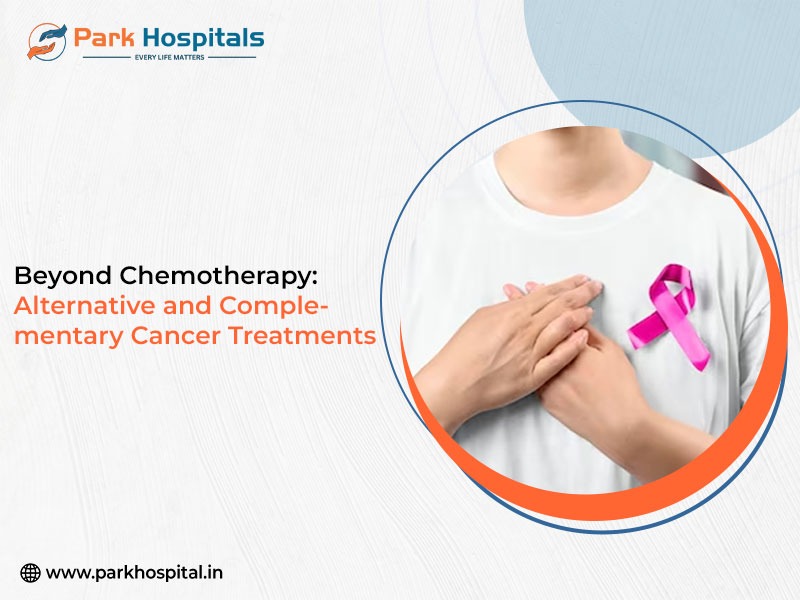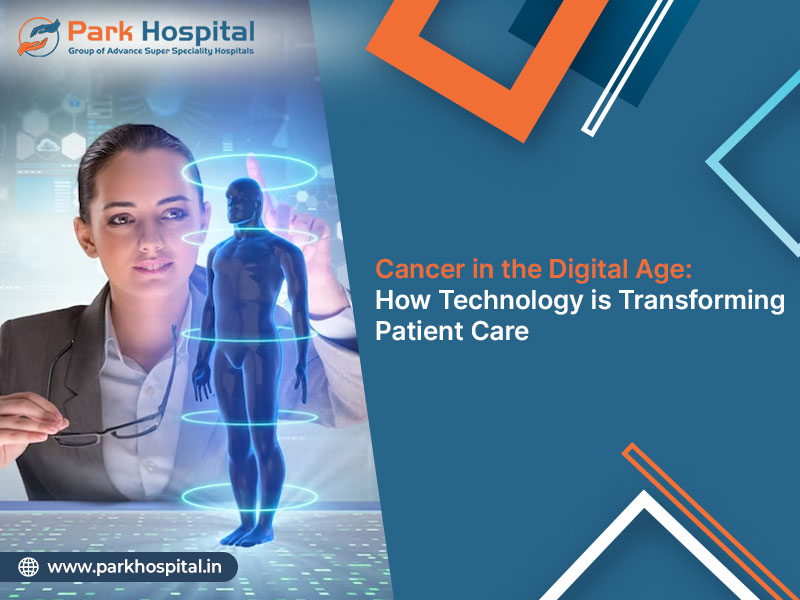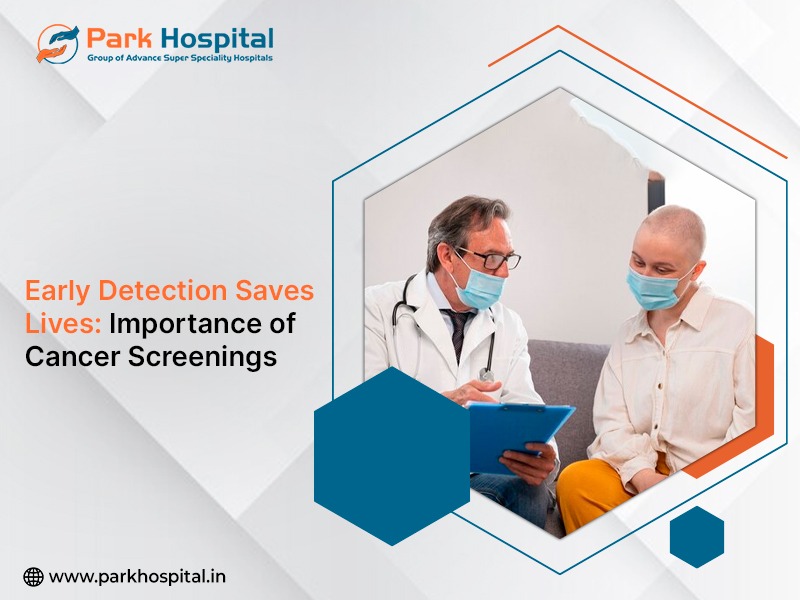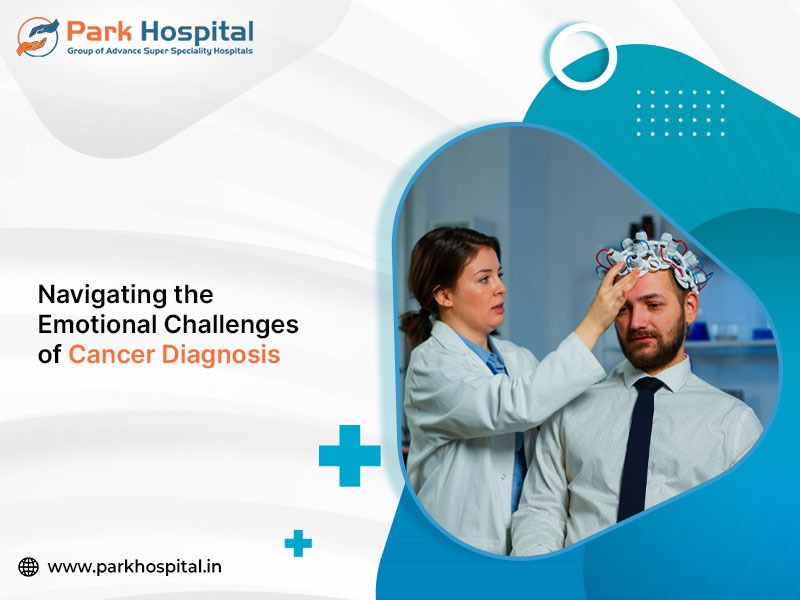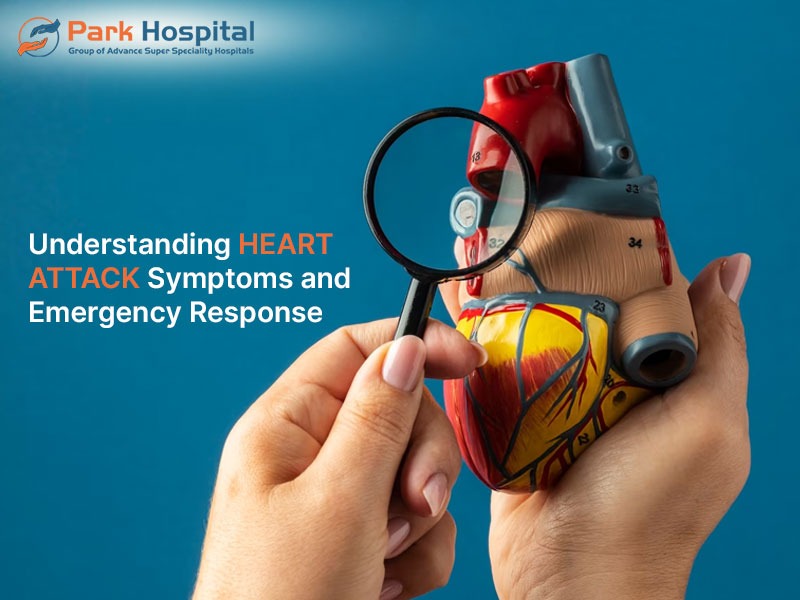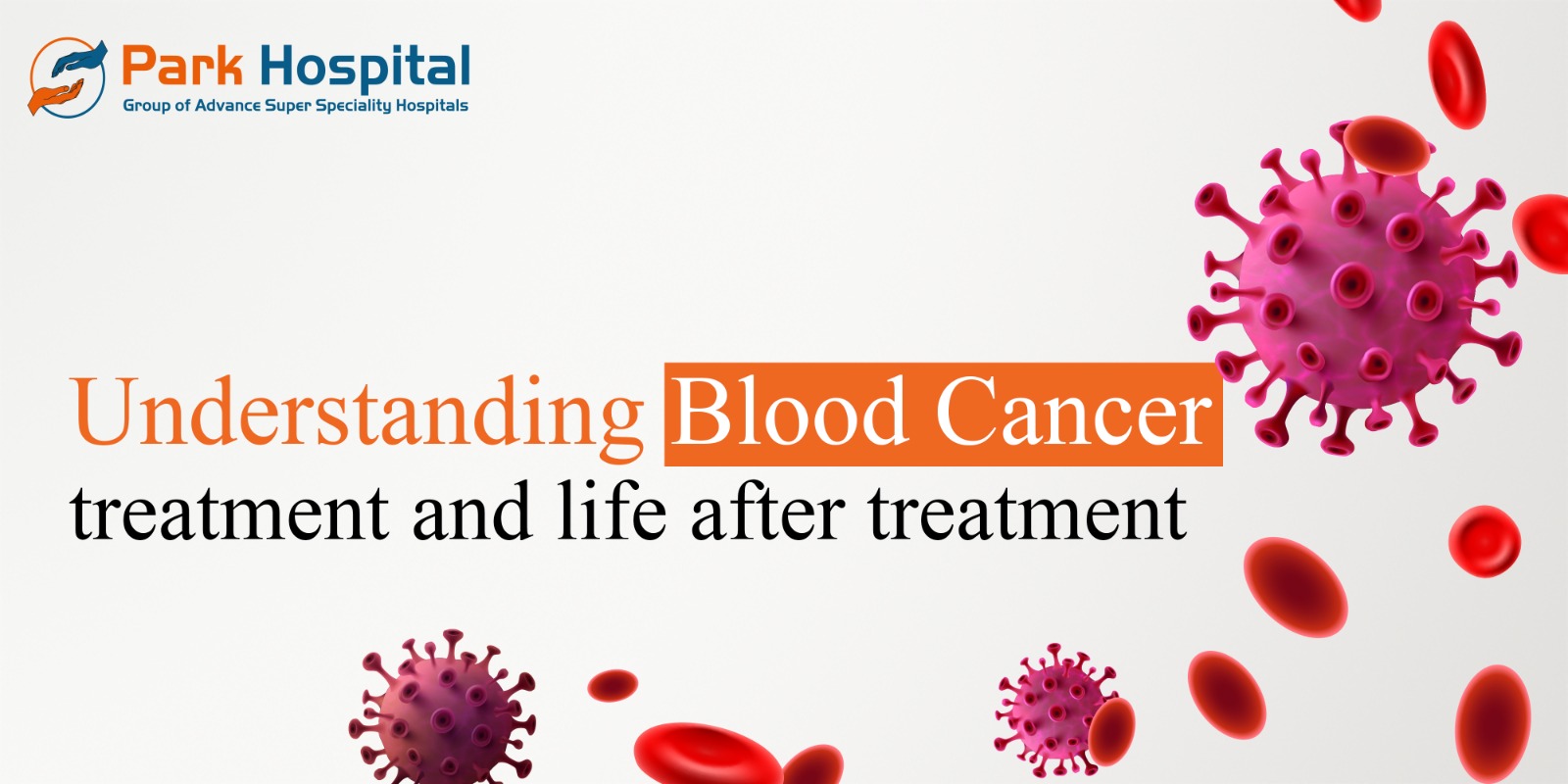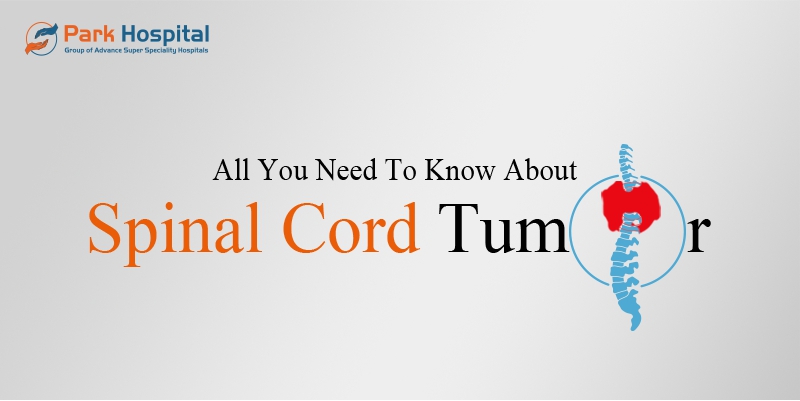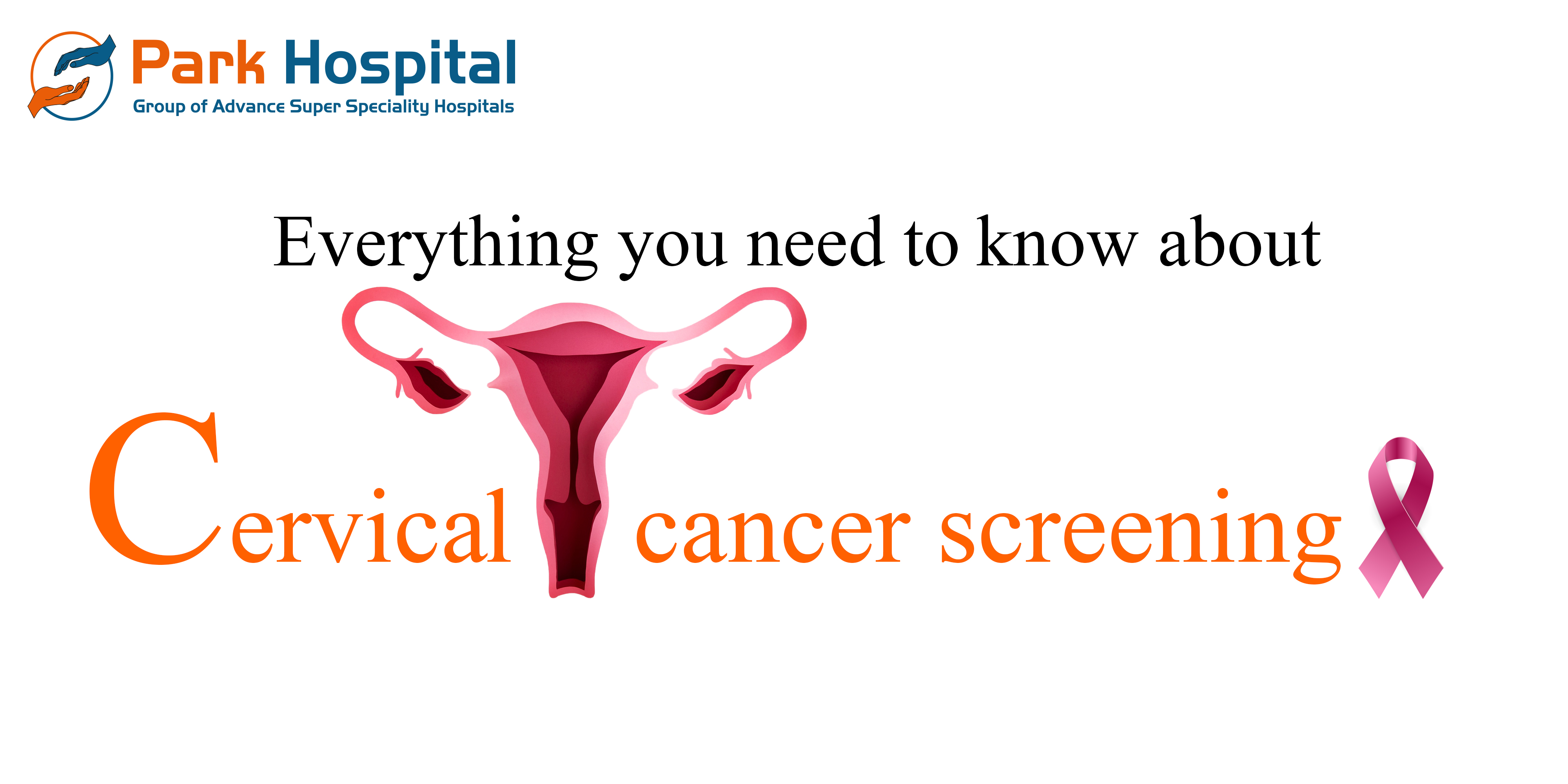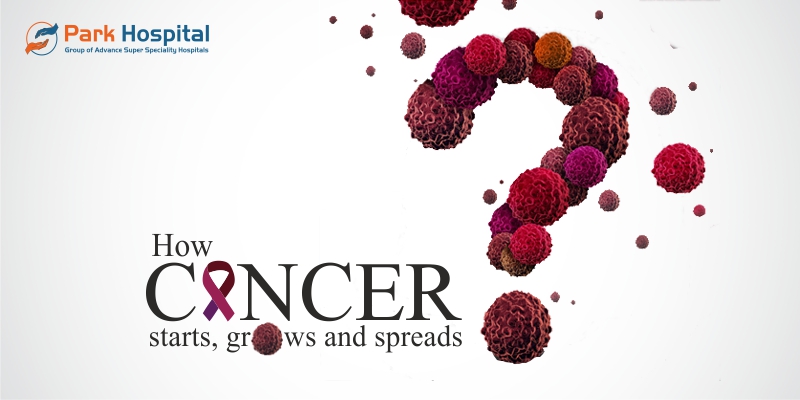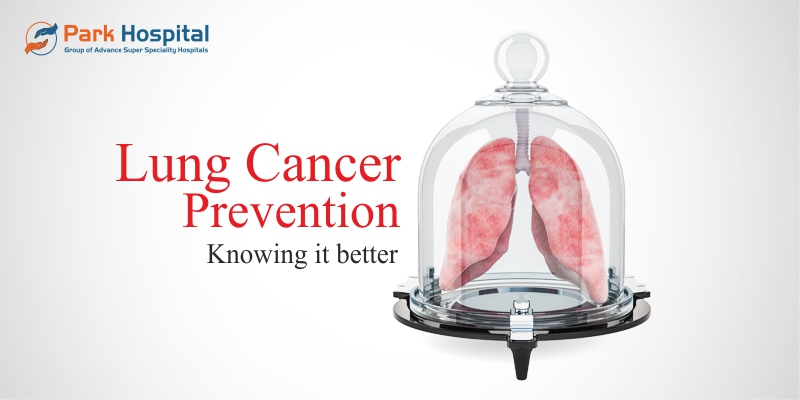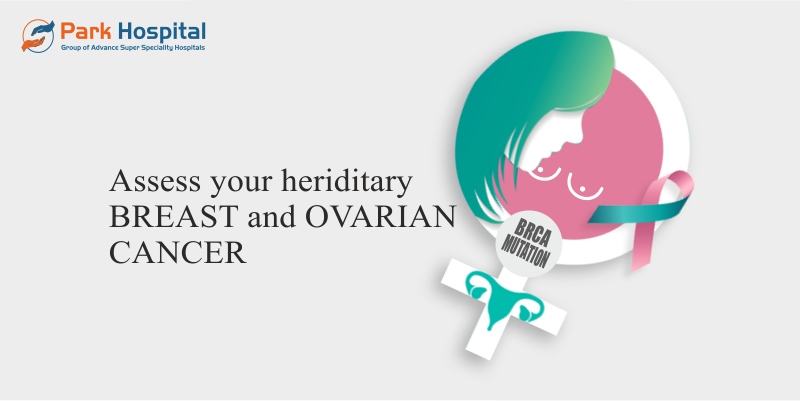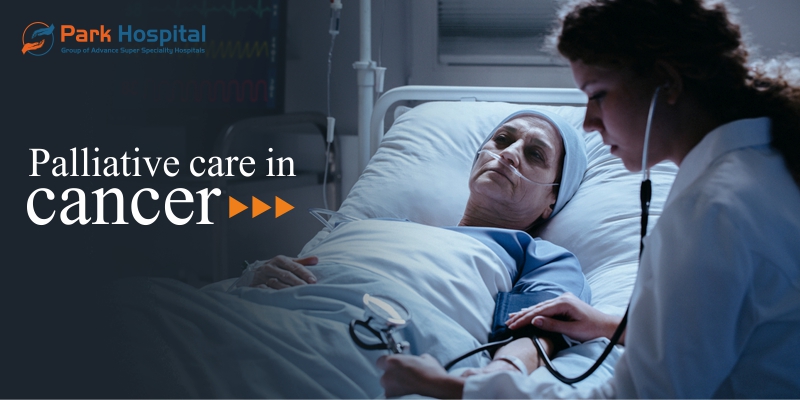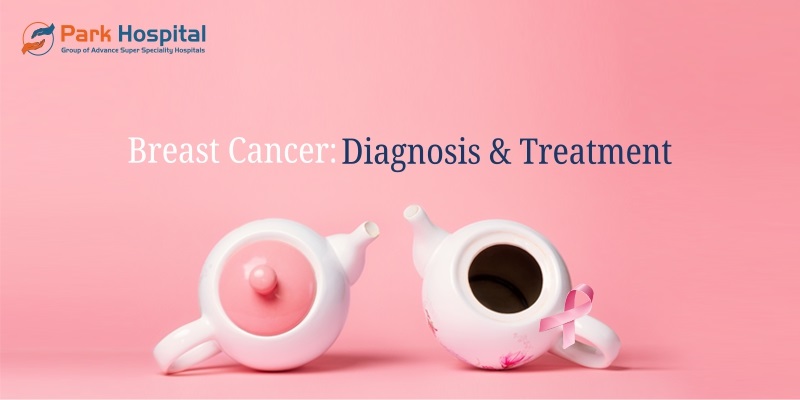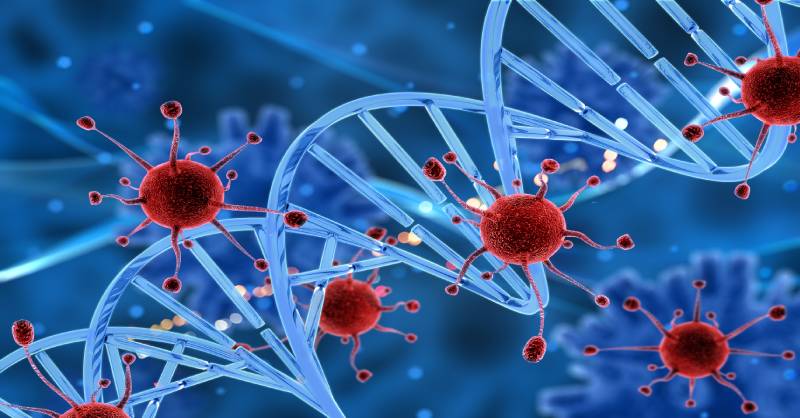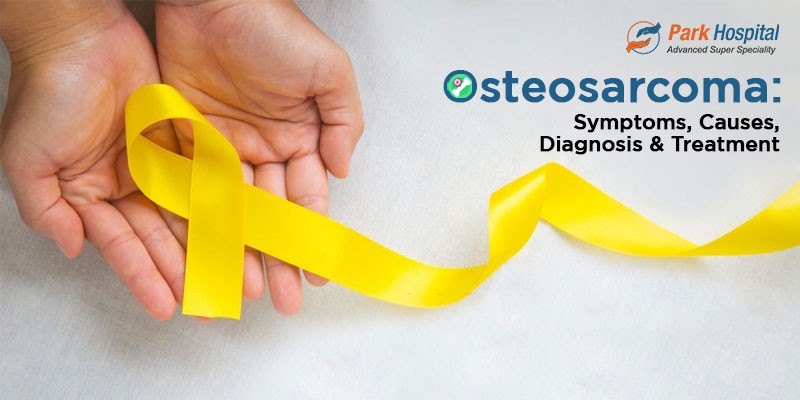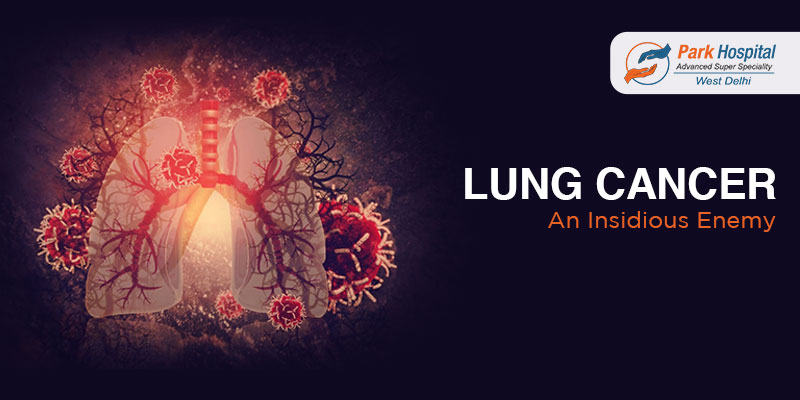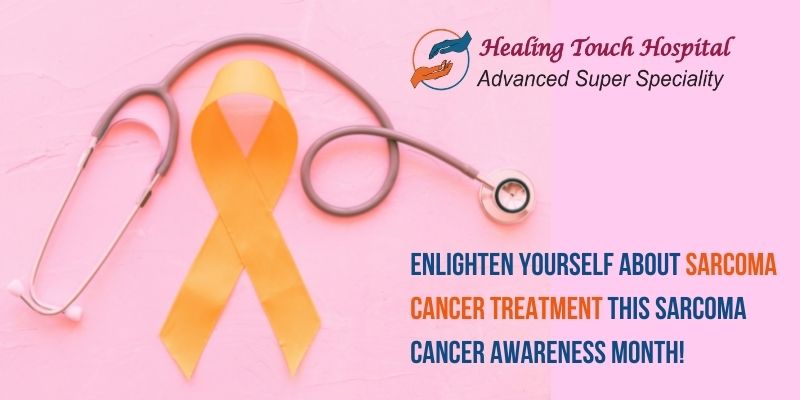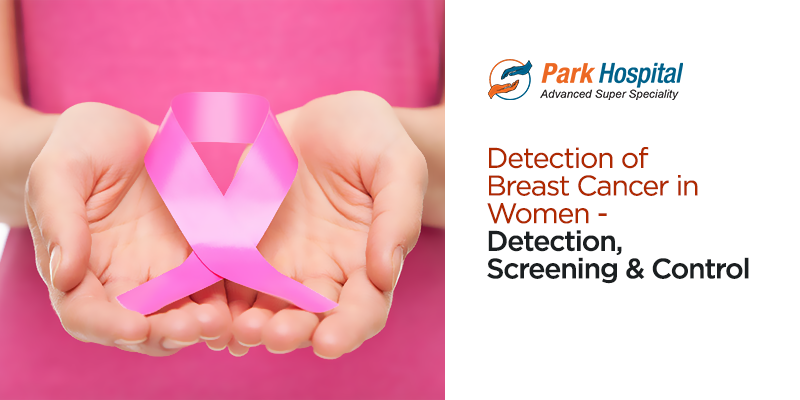Breast cancer is one of the most prevalent forms of cancer among women and continues to rise in incidence across India. It can develop silently, making early detection critical for successful treatment and improved survival rates. By understanding the early signs, risk factors, stages, and available treatments for breast cancer, individuals can take informed steps toward timely diagnosis and intervention.
At Park Group of Hospitals, we are dedicated to providing advanced and compassionate cancer care through our state-of-the-art facilities and experienced oncology teams. From early screening to personalized treatment plans, we support patients at every stage of their journey with cutting-edge medical technologies and a patient-first approach.
We offer expert breast cancer care across Delhi, Gurugram (Sec-47, Palam Vihar, Sec-37 D), Faridabad, Sonipat, Panipat, Karnal, Ambala, Patiala, Mohali, Bathinda, Behror, and Jaipur. Our wide network ensures accessible, high-quality care no matter where you are located. For immediate assistance or consultations, contact our 24x7 emergency helpline at +91 99166 99166.
What Is Breast Cancer?
Breast cancer occurs when healthy cells within the breast begin to mutate and multiply in an abnormal way, eventually forming a lump or mass that may become a tumour. This unusual growth most often starts in either the milk ducts that transport milk to the nipple or the lobules, which are the glands responsible for producing milk. However, breast cancer primarily affects women, but it can also develop in men as well.
Breast cancer can form a lump or mass and may also affect the surrounding breast tissue. In some cases, the cancer cells can spread to the surrounding lymph nodes or the distant parts of the body through the circulatory or lymphatic system. This spread of cancer is known as metastasis
Each type of breast cancer has a unique way of developing and reacting to treatment. These variations help doctors choose the most effective approach for every individual case. Some cancers grow slowly and respond well to therapy, while others may progress quickly. Understanding the type and stage of breast cancer is important for selecting the most effective treatment plan. At Park Group of Hospitals, our team of cancer specialists uses advanced diagnostic tools to identify the nature of the disease and provide personalized care based on each patient's condition.
Early Signs and Symptoms of Breast Cancer
Identifying breast cancer symptoms at an early stage plays a crucial role in ensuring better treatment outcomes. Being aware of subtle and noticeable changes can make a life-saving difference. Look out for the following signs:
A newly formed lump or a noticeable thickening in the breast or near the underarm area
Visible alteration in the breast’s size, contour, or overall appearance
Skin on the breast appearing dimpled or puckered, resembling an orange peel
Any patch of redness, scaling, or peeling on the nipple or surrounding skin
Nipple turning inward or experiencing discomfort in that area
Discharge from the nipple that may be clear, milky, or contain blood
Unexplained soreness or persistent pain in the breast or underarm region
It is important to note that some breast lumps are non-cancerous, but any changes should be examined by a medical professional for accurate diagnosis.
If you notice any of the above signs, do not delay. Contact a healthcare professional for further evaluation. At Park Group of Hospitals, our breast cancer specialists are trained to assess symptoms and guide you through the necessary diagnostic procedures with care and expertise.
Causes and Risk Factors of Breast Cancer
Breast cancer can occur due to a combination of genetic, hormonal, environmental, and lifestyle factors. Common risk factors include:
1. Genetic Factors
Inherited BRCA1 or BRCA2 gene mutations
Breast or ovarian cancer history in the family
2. Hormonal Influences
Early menstruation (before age 12)
Late menopause (after age 55)
Prolonged use of hormone replacement therapy
First childbirth after 30 or no childbirth
3. Lifestyle Choices
Lack of physical activity
Obesity, especially after menopause
Excessive alcohol consumption
Smoking or exposure to secondhand smoke
4. Environmental Factors
Exposure to radiation
Hormone-disrupting chemicals
While having one or more risk factors does not mean a person will develop breast cancer, being aware helps in early screening and prevention.
Breast Cancer Cases in India
In India, Breast cancer has emerged as the most common cancer among women, surpassing cervical cancer in recent years. According to data from the Indian Council of Medical Research (ICMR), breast cancer accounts for about 14 percent of all cancers in Indian women. The number of cases is consistently increasing, especially in urban areas, due to lifestyle changes, delayed childbearing, and lack of awareness about early detection.
A major concern in India is that a significant number of women are diagnosed with breast cancer only when the disease has already reached an advanced stage. This delay in detection is largely caused by social stigma, insufficient availability of screening services, and a general lack of awareness regarding the early warning signs of breast cancer. In contrast, countries with better awareness and routine screening programs tend to identify the disease at an earlier stage, leading to much higher survival rates.
In India, breast cancer is often diagnosed at a younger age, frequently affecting women in their 40s and early 50s, which impacts both families and workforce productivity. Moreover, people living in rural areas encounter more challenges in receiving proper cancer care because of limited infrastructure and healthcare support.
At Park Group of Hospitals, we are committed to closing this gap by offering advanced breast cancer screening, diagnostics, and treatment at all our locations. Our goal is to make early detection accessible and empower women across India to take charge of their breast health.
Types of Breast Cancer
Based on where the cancer begins and how it behaves, there are several types of breast cancer:
Ductal Carcinoma In Situ (DCIS): A non-invasive cancer confined to the ducts.
Invasive Ductal Carcinoma (IDC): This is the most common type, starts in the ducts and invades nearby tissue.
Invasive Lobular Carcinoma (ILC): Begins in the lobules and spreads to surrounding tissues.
Triple-Negative Breast Cancer (TNBC): Lacks estrogen, progesterone, and HER2 receptors, making it harder to treat.
HER2-Positive Breast Cancer: Overexpresses the HER2 protein, which promotes cancer growth.
Inflammatory Breast Cancer: A rare and aggressive form that causes swelling and redness.
Stages of Breast Cancer
Staging helps determine the extent of cancer and guides treatment planning. The stages are:
Stage 0: Non-invasive cancer (DCIS)
Stage I: Small tumor, limited to the breast
Stage II: Larger tumor, possible lymph node involvement
Stage III: Cancer spread to nearby lymph nodes or chest wall
Stage IV: Cancer that has spread to other organs (Metastasis)
Each stage has different treatment goals, ranging from curative to palliative.
Diagnosis and Screening Methods
Early diagnosis greatly improves survival rates. At Park Hospitals, we use the following screening and diagnostic tools:
1. Clinical Breast Examination: Performed by a trained healthcare provider to detect lumps or abnormalities.
2. Mammography: A specialized X-ray used to detect early-stage tumors.
3. Ultrasound and MRI: Used for further evaluation if abnormalities are found in the mammogram.
4. Biopsy: Involves removing a small sample of tissue to confirm if the cells are cancerous.
5. Genetic Testing: Recommended for individuals with a strong family history to check for BRCA mutations.
Regular screening plays a vital role in identifying diseases at an early stage, allowing for simpler treatments and a higher chance of complete recovery. At Park Group of Hospitals, we offer a full range of diagnostic and screening services across all our centers, ensuring accessible and timely care for women of all age groups.
Breast Cancer Metastasis
Metastasis is a condition where breast cancer moves beyond its original site and reaches other parts of the body. In this stage, cancer cells detach from the main tumor and travel through the bloodstream or the lymphatic system. Once they reach a new location, they can begin forming additional tumors. This advanced form of the disease is referred to as metastatic breast cancer or Stage IV breast cancer.
Some of the most common areas where breast cancer tends to spread include the following:
Bones: Causing pain, fractures, or weakness.
Lungs: Leading to dyspnea (shortness of breath), cough, or chest pain.
Liver: Resulting in fatigue, weight loss, or abdominal discomfort.
Brain: Causing headaches, vision changes, or neurological symptoms.
Symptoms of Metastatic Breast Cancer
The symptoms depend on the organ involved, but may include:
Persistent pain in the back, bones, or joints
Shortness of breath or coughing
Loss of appetite, nausea, or weight loss
Swelling in the abdomen
Headaches or changes in mental function
It is important to note that breast cancer metastasis can occur years after the initial treatment. This is why regular follow-up visits and imaging tests are crucial, even after recovery from early-stage breast cancer.
At Park Group of Hospitals, our oncology teams are experienced in diagnosing and managing metastatic breast cancer. We provide advanced imaging services such as PET-CT, MRI, and targeted biopsies to detect metastasis early and begin the appropriate treatment without delay.
Breast Cancer Treatment Options
At Park Hospitals, our oncologists offer personalized and evidence-based treatment options, which may include:
Surgery:
Lumpectomy: Removal of the portion of breast tissue affected by tumor
Mastectomy: Complete removal of the breast
Reconstructive Surgery: Optional, for aesthetic restoration
Radiation Therapy: High-energy rays are used to destroy residual cancer cells post-surgery.
Chemotherapy: Drugs that kill cancer cells or restrict their growth. Given intravenously or orally.
Hormonal Therapy: Used for hormone receptor-positive cancers to block hormone activity.
Targeted Therapy: Drugs that specifically target cancer cell markers like HER2.
Immunotherapy: Boosts the immune system, helping it detects and kill cancer cells.
A combination of these treatments may be recommended based on the cancer type and stage.
Living with Breast Cancer
Being diagnosed with breast cancer can completely alter a person’s life. It brings a wave of emotional stress, physical discomfort, and financial burden that many are unprepared for.
At Park Hospitals, we offer:
Psycho-oncology support
Dietary and nutritional counseling
Pain management
Rehabilitation services
Support groups and community outreach
Our focus is not only on survival but also on helping patients live fulfilling lives during and after treatment.
Importance of Breast Cancer Awareness
Being aware is the first and most important step toward prevention and early detection. Community awareness programs, self-examination techniques, and regular screening can help reduce late-stage diagnoses.
Park Group of Hospitals actively participates in breast cancer awareness drives throughout the year, particularly in October, which is globally recognized as Breast Cancer Awareness Month.
Conclusion
Breast cancer is a major health concern, but with early detection, timely intervention, and appropriate treatment, it can be managed effectively. Understanding the signs and symptoms, being aware of personal risk factors, and undergoing regular screenings can make a critical difference in outcomes.
At Park Group of Hospitals, we combine compassionate care with advanced medical technologies to offer comprehensive breast cancer treatment and support. With a wide network of hospitals across North India, we ensure that quality cancer care is accessible and timely.
If you or someone you know is experiencing any signs of breast cancer or requires screening or consultation, do not delay. Early action saves lives.
For 24x7 emergency support and appointments, call our helpline at +91 99166 99166. Your health and peace of mind is our top priority.
Frequently Asked Questions (FAQs)
1. What is breast cancer?
Breast cancer is a type of cancer that develops in the breast tissue, usually in the ducts or lobules. It can be invasive or non-invasive and may spread to other parts of the body if not treated in time.
2. How Can I recognize the early signs and symptoms of Breast Cancer?
Symptoms include a lump in the breast or armpit, changes in breast size or shape, nipple discharge, skin dimpling, or pain in the breast area.
3. What causes breast cancer?
Causes can include genetic mutations, hormonal imbalances, lifestyle choices, and environmental exposures.
4. How is breast cancer diagnosed?
Diagnosis involves clinical examination, imaging (like mammography or ultrasound), and biopsy for confirmation.
5. What are the stages of breast cancer?
The stages range from 0 to IV, based on tumor size, lymph node involvement, and spread to other organs.
6. What are the treatment options for breast cancer?
Treatment includes surgery, chemotherapy, radiation, hormonal therapy, targeted therapy, and immunotherapy.
7. Can breast cancer be prevented?
While not all cases are preventable, maintaining a healthy lifestyle, regular screenings, and early diagnosis significantly reduce risks.

